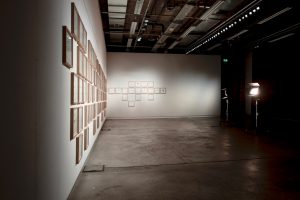Learning …
We learn by doing
We learn from experience
We learn by trial and error
| Skinner, B.F. (1968 / 2003). The Technology of Teaching. Cambridge, Ma.: B. F. Skinner Foundation. S.26. |
|---|
„We learn by doing.” It is important to emphasize that a student does not passively absorb knowledge from the world around him but must play an active role, and also that action is not simply talking. To know is to act effectively, both verbally and nonverbally.
„We learn from experience.” The student is to learn about the world in which he lives and must be brought into contact with it. The teacher therefore provides the student with experiences, singling out features to be noted or sets of features to be associated, often by pairing a verbal response with the thing or event it describes: “This is a gazebo,” or “Note that the fluid rises in the tube.” From experience alone a student probably learns nothing. He will not even perceive the environment simply because he is in contact with it.
„We learn by trial and error.” Certain stimuli standing in a different temporal relation to behavior remain to be taken into account. They compose another kind of experience, the significance of which is often expressed by saying that we learn by trial and error. The reference is to the consequences of behavior, which are often called, with some suggestion as to their effects, reward and punishment.


